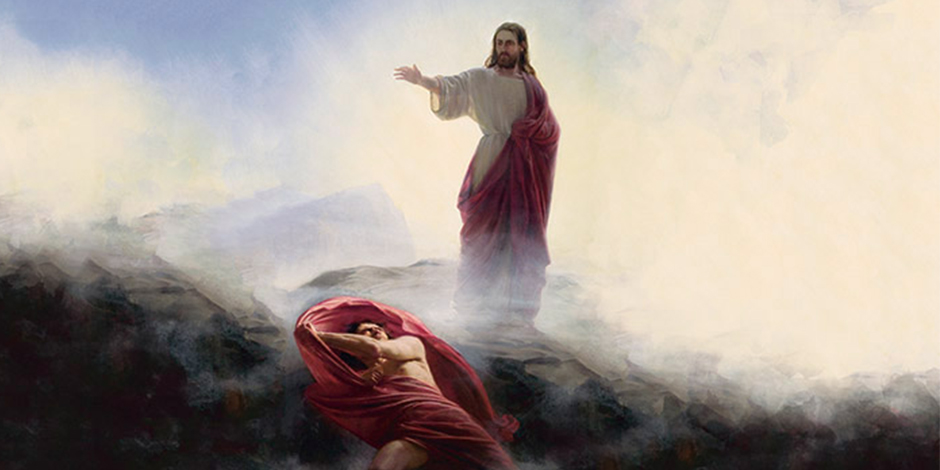
This week, on my General Conference Odyssey, I’m covering the Saturday afternoon session of October 1991. This time, I’ve run across talks about repentance, the trial over the war in heaven, and keeping the Sabbath Day holy.
I think my favorite quote is from Elder Neal A. Maxwell:
“There is more individuality in those who are more holy. Sin, on the other hand, brings sameness; it shrinks us to addictive appetites and insubordinate impulses.”
The world is preaching the opposite. Wickedness is the same in every generation. There never seems to be anything new. But with righteous people differences in culture are pronounced and admired as all rejoice together.
I also love this statement from Elder Maxwell:
“Repentance requires both turning away from evil and turning to God.”
Sins of co-mission, as well as o-mission, must be repented of. That’s why Pres. Nelson is telling us to repent daily. We need to stop doing some things and start doing other things.
Elder Cree-L Kofford creatively imagines for us the trial of our actions. He describes a courtroom where the adversary brings a motion seeking an order that some of us have already forfeited our rights to our ultimate inheritance and a summary judgment should be entered against us. Satan says,
“If these defendants have lived this long and have not yet taken serious steps to qualify for their ultimate inheritance, why should we waste further time of the court? Let us simply enter judgment against them now and be done with it.”
Our advocate humbly pleads our case. The impact he is having is seen in the tears streaming down the cheeks of many in the courtroom. He closes with a breathtaking summary in which he says no one has the right to judge the sum total of a man’s life until that life has been lived.
Like omissive repentance, Elder Kofford invites us to create facts in the faithful lives we lead, which will help Jesus Christ help us win our ultimate inheritance.
Both Elder James E. Faust and Elder Boyd K. Packer speak on the Sabbath Day and seeking revelation. Elder Faust reminds us how the Israelites were given strict commandments in regard to keeping the day holy. If the law was broken, death was the consequence. Today, the Sabbath Day is “more of a manifestation of individual devotion and commitment rather than a requirement of civil law.”
Sometimes we feel bogged down when we think of all we can’t, or shouldn’t, do on the Sabbath. This reminds me of what Pres. Nelson once said:
“I no longer needed lists of dos and don’ts. When I had to make a decision whether or not an activity was appropriate for the Sabbath, I simply asked myself, “What sign do I want to give to God?” That question made my choices about the Sabbath day crystal clear.”
As Pres. Nelson continually urges us to learn to receive personal revelation, Elder Packer teaches us that honoring the Sabbath day as a holy-filled day will help us receive that much needed voice from the Lord.
Ever the practical guide, Elder Packer reminds me of something I often don’t think about.
“Foyers are built into our chapels to allow for the greeting and chatter that are typical of people who love one another. However, when we step into the chapel, we must!—each of us must—watch ourselves lest we be guilty of intruding when someone is struggling to feel delicate spiritual communications.”